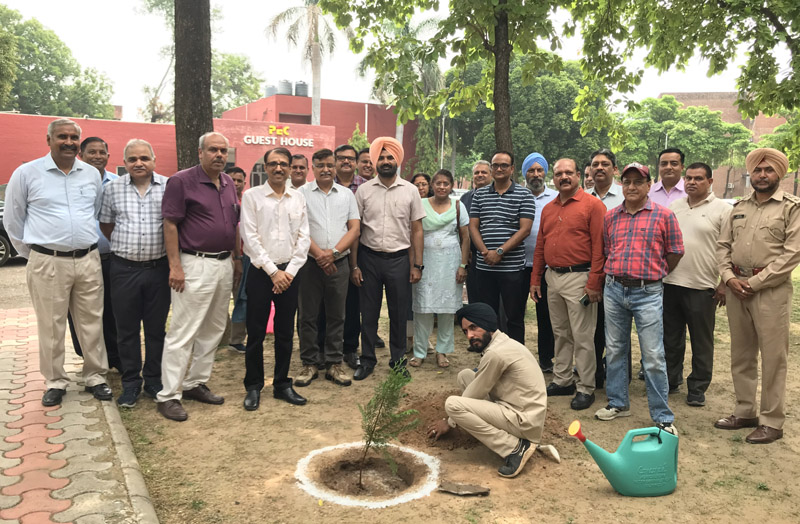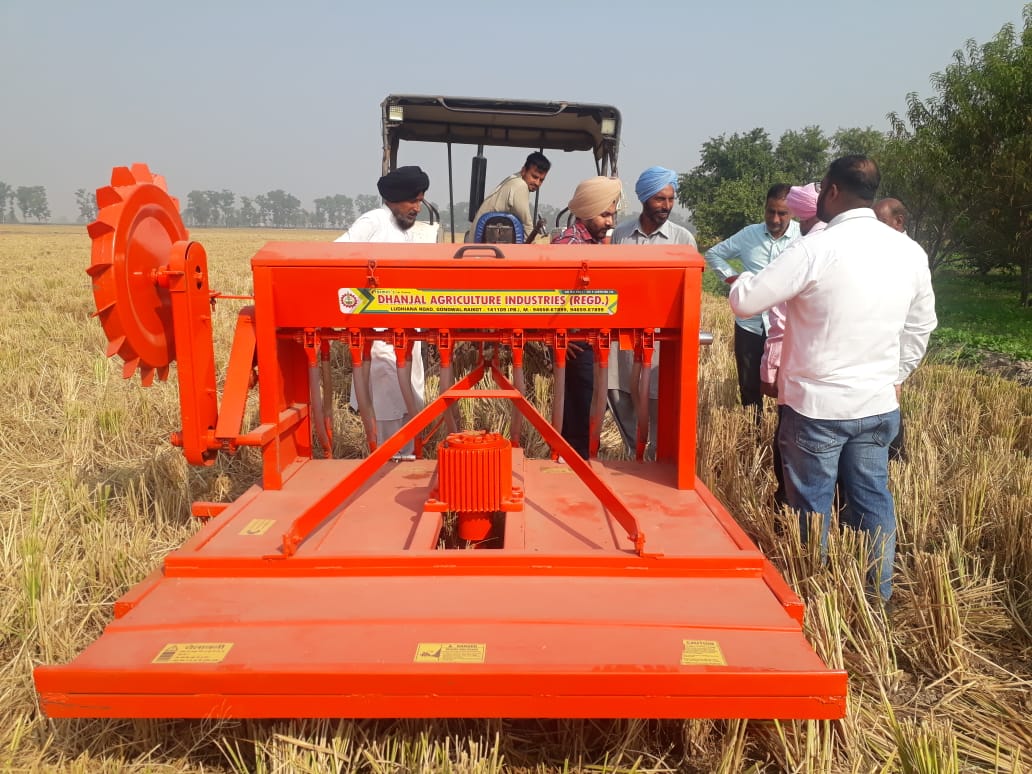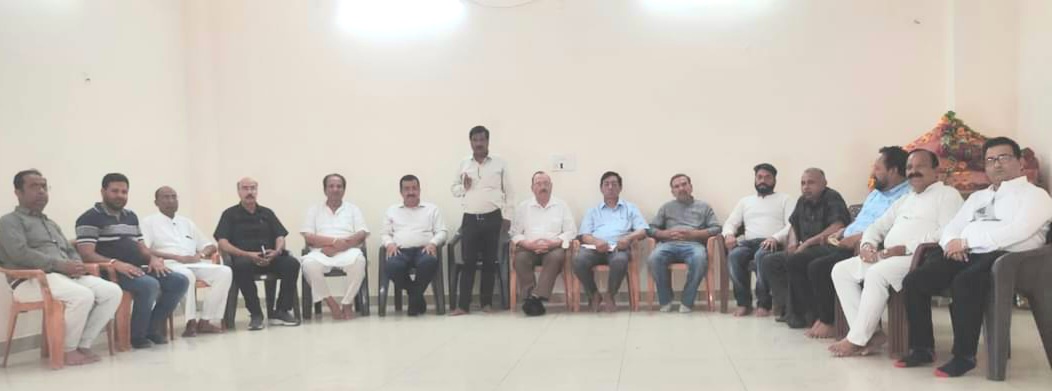
Van Mahotsav 2024 Celebrations under the ''Ek Ped Maa ke Naam'' Campaign held at PEC
Chandigarh: 19th July, 2024:- The Estate Office of Punjab Engineering College (Deemed to be University), Chandigarh today celebrated Van Mahostsav 2024 by conducting a Plantation Drive in PEC Campus. This drive was administered under the ''Ek Ped Maa ke Naam'' campaign initiated by Prime Minister Shri Narendra Modi on June 05, 2024.
Chandigarh: 19th July, 2024:- The Estate Office of Punjab Engineering College (Deemed to be University), Chandigarh today celebrated Van Mahostsav 2024 by conducting a Plantation Drive in PEC Campus. This drive was administered under the ''Ek Ped Maa ke Naam'' campaign initiated by Prime Minister Shri Narendra Modi on June 05, 2024. Further, it was promoted by Punjab Governor and UT Administrator, Sh. Banwarilal Purohit who recently planted a sapling of 'Rudraksha' in the memory of his mother at the Raj Bhawan under this 'Ek Ped Maa ke Naam' campaign on 05th July, 2024.
This auspicious occasion of promoting the green cover was graced by Director PEC, Prof. Rajesh Bhatia (Ad Interim), UT Forest Officer Sh. Bhupinder Singh, Registrar Col. R. M. Joshi, Chairman Estate Prof. Sushant Samir, Estate Officer Dr. Tejinder Singh Saggu, along with heads & deans of various departments of PEC. A total of around 1400 plants including shrubs, medicinal, flowers and fruits have been planted at the PEC Campus by the Forest Department of UT Chandigarh.
Meanwhile, the forest department has also launched a campaign, focusing on increasing 'trees outside forest areas'. Under this campaign, UT Forest Department provided free sapling at the doorstep. Three Vehicles were also flagged off by the UT Administrator under the 'Van Vibhag Aap ke Dwar' drive. PEC is also contributing to this noble campaign increasing the green cover of Mother Earth.














